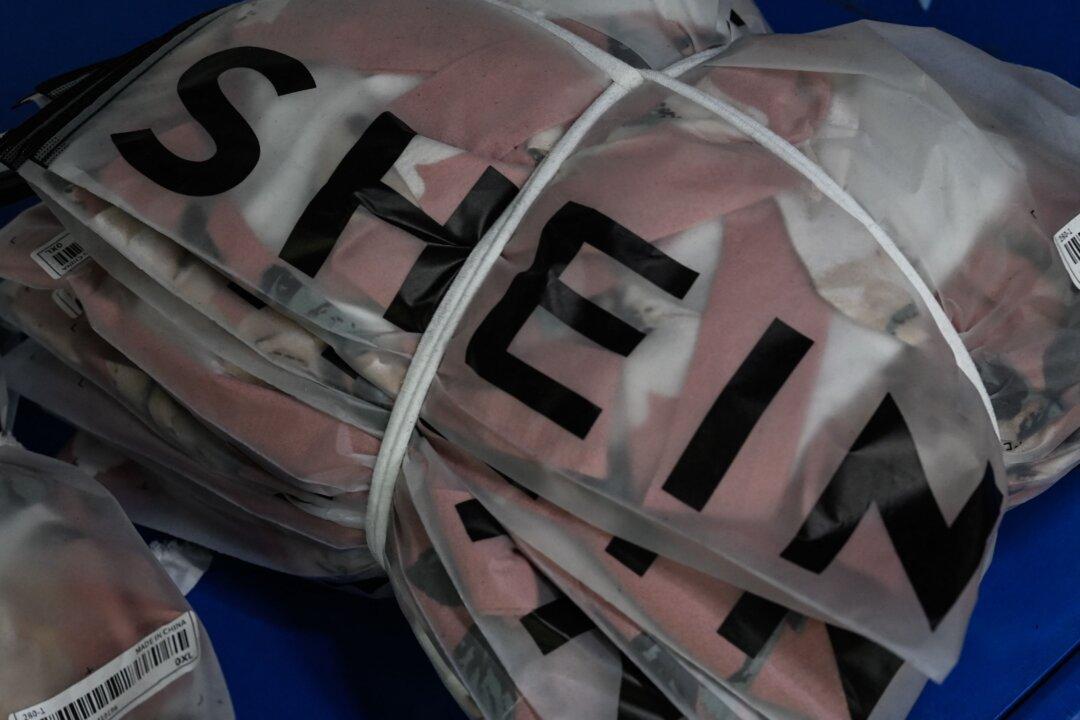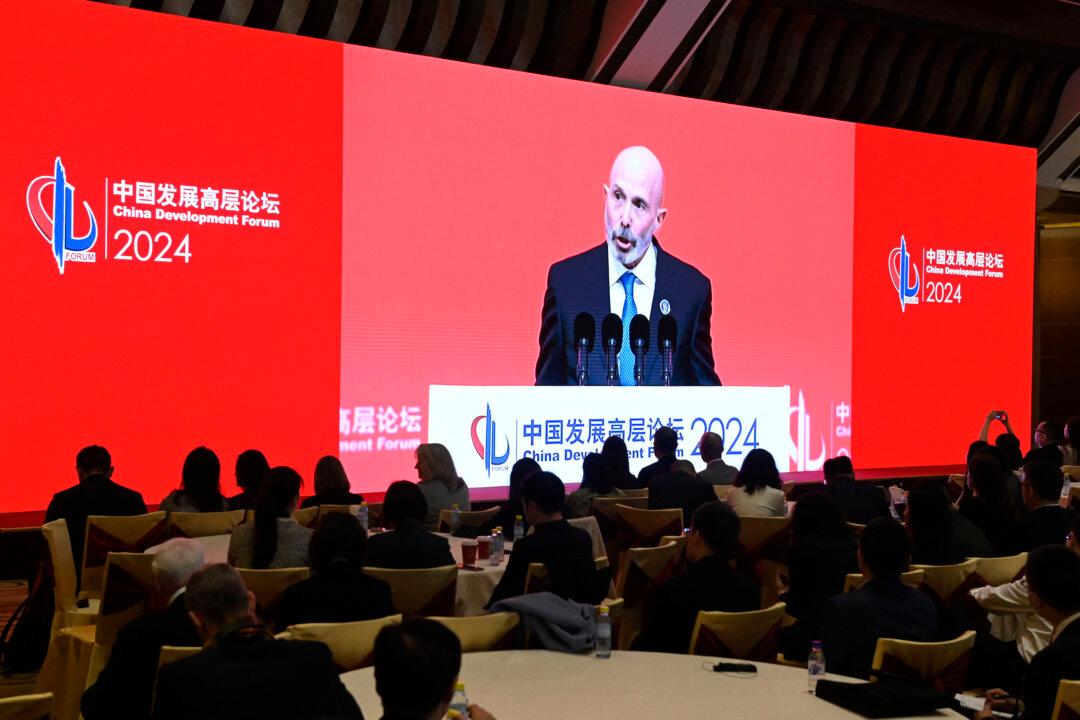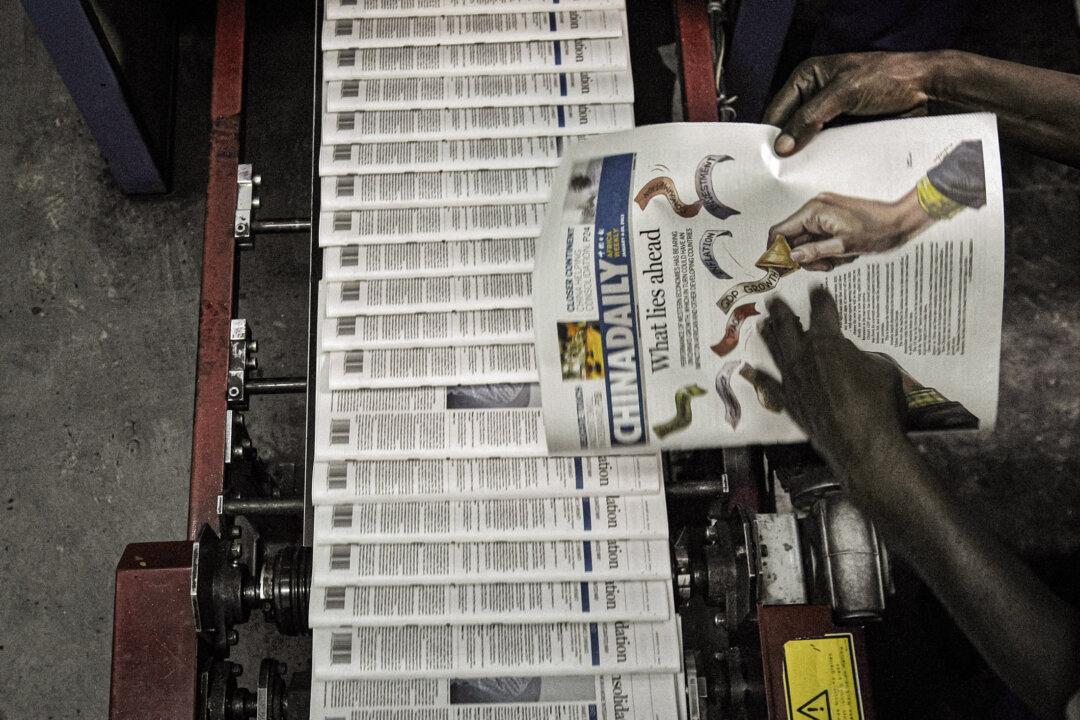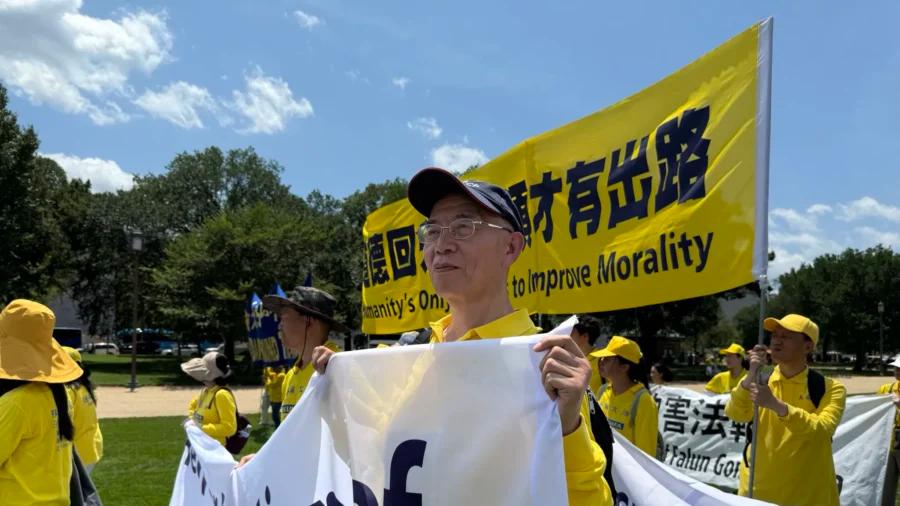British politicians are urging the UK government to address their concerns before the Chinese fast-fashion giant Shein gets the green light to list on the London Stock Exchange.
These concerns include Shein’s alleged forced labor and data breach practices, exploitation of tariff loopholes, and connections with the Chinese Communist Party (CCP).





